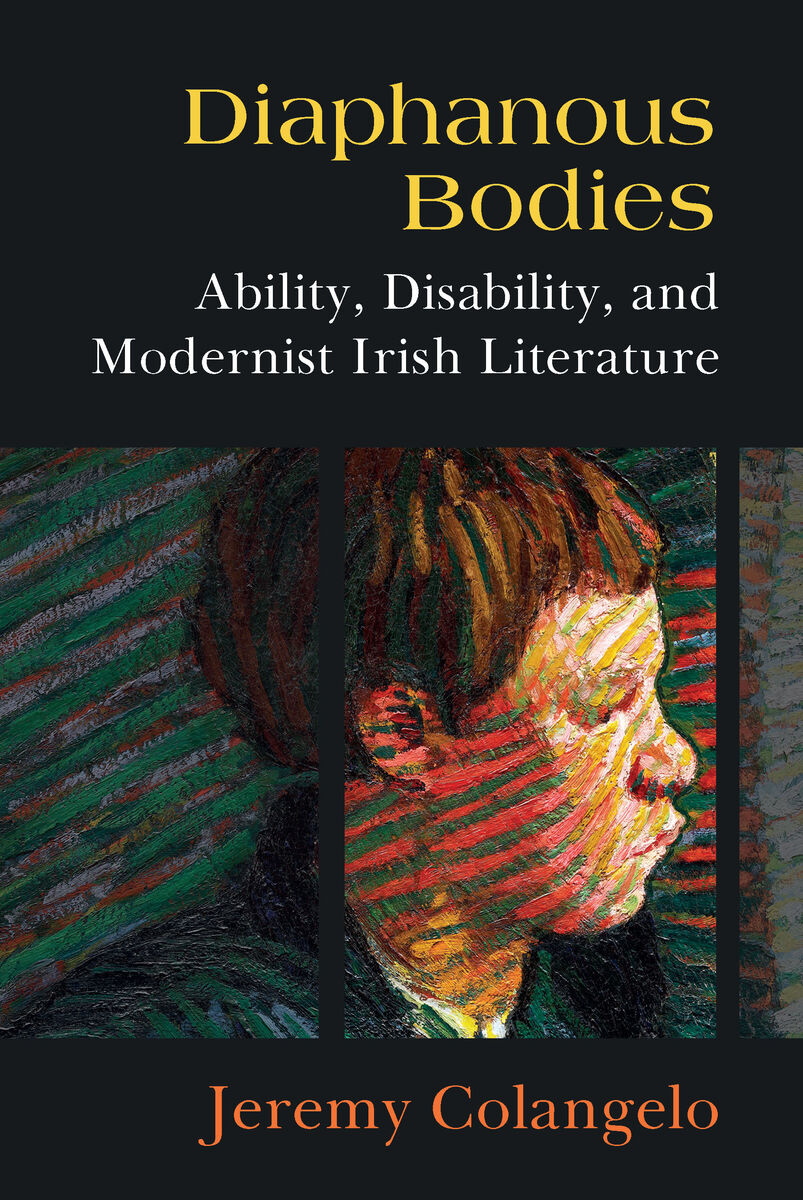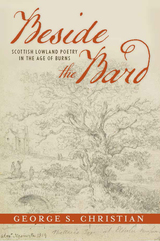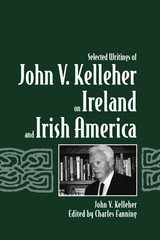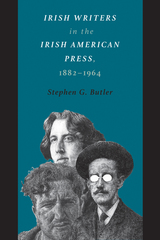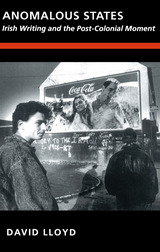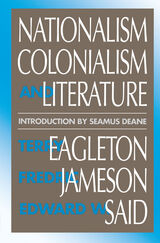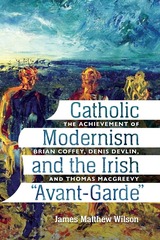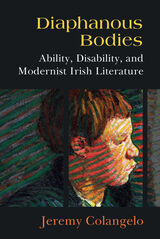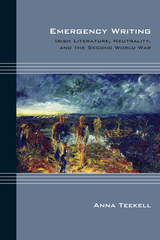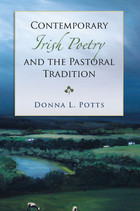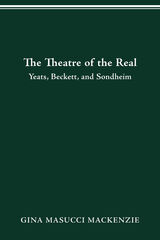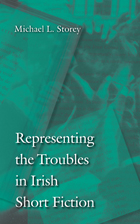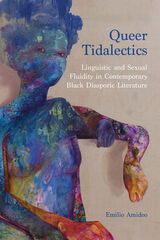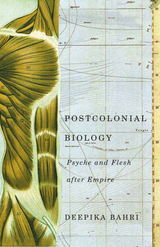“Timely and precisely argued, Diaphanous Bodies marks an original intervention in both disability studies and Irish studies (and Modernism as well) by examining the ways in which four Irish modernist writers (Joyce, Beckett, Egerton, and Bowen) can help us think about bodily ‘ability’ being an empty, fictitious construct. I find this book to be truly excellent.”
—Samuel Slote, Trinity College Dublin
— Samuel Slote
“Jeremy Colangelo has written a kind of ghost story about a body that does not exist. That body, the ‘diaphanous body,’ is the presumptive norm against which disability is measured, cited, and reinforced. Instead of considering disability as a stigmatized outlier to normal embodiment, Colangelo sees it as constitutive of what we call ability. His subtle readings of four Irish modernist authors—James Joyce, Samuel Beckett, George Egerton, and Elizabeth Bowen—offer brilliant case studies of disability as the modality by which nation, gender, sexuality and race are lived. This is a major contribution to disability studies specifically and cultural analysis more generally.”
—Michael Davidson, University of California, San Diego
— Michael Davidson
Honorable Mention: Modern Language Association (MLA) 2022 Prize for Independent Scholars
— MLA Prize for Independent Scholars
“Timely and precisely argued, Diaphanous Bodies marks an original intervention in both disability studies and Irish studies (and Modernism as well) by examining the ways in which four Irish modernist writers (Joyce, Beckett, Egerton, and Bowen) can help us think about bodily ‘ability’ being an empty, fictitious construct. I find this book to be truly excellent.”
—Samuel Slote, Trinity College Dublin
— Samuel Slote
"Jeremy Colangelo's highly original study, Diaphanous Bodies: Ability, Disability, and Modernist Irish Literature, represents an outstanding contribution to the burgeoning scholarship of disability studies and to both Irish and modernism studies...His argument is well-organized, clear, and persuasive, and his posture toward others working in the fields in which he engages is notably generous, not only toward the scholars with whom his work is in dialogue but also toward readers who may not have an extensive background in disability studies."— Margot Gayle Buckus, James Joyce Quarterly
"His reconceptualization of ability and disability in terms of the body as diaphanous or a-diaphanous has become the intersection for the philosophical and theoretical discussions mentioned previously. The due attention paid to the human body in this book has managed to put the bodily weakness back into our notions of subjectivity and ableism as an integral part." — Zhang Weiliang, Style
“Jeremy Colangelo has written a kind of ghost story about a body that does not exist. That body, the ‘diaphanous body,’ is the presumptive norm against which disability is measured, cited, and reinforced. Instead of considering disability as a stigmatized outlier to normal embodiment, Colangelo sees it as constitutive of what we call ability. His subtle readings of four Irish modernist authors—James Joyce, Samuel Beckett, George Egerton, and Elizabeth Bowen—offer brilliant case studies of disability as the modality by which nation, gender, sexuality and race are lived. This is a major contribution to disability studies specifically and cultural analysis more generally.”
—Michael Davidson, University of California, San Diego
— Michael Davidson
